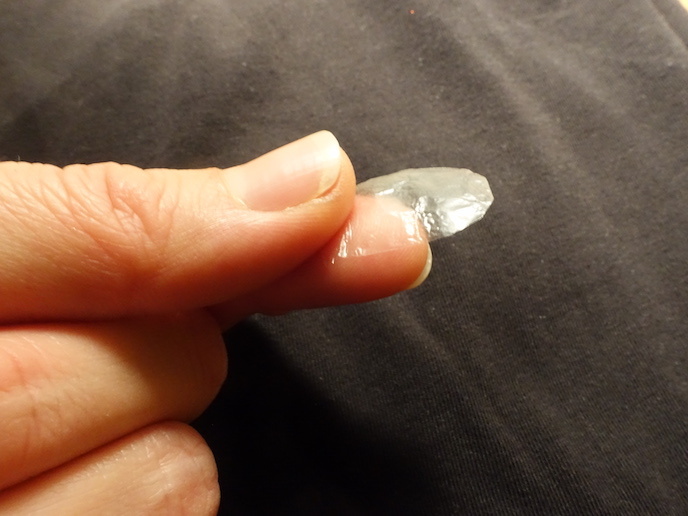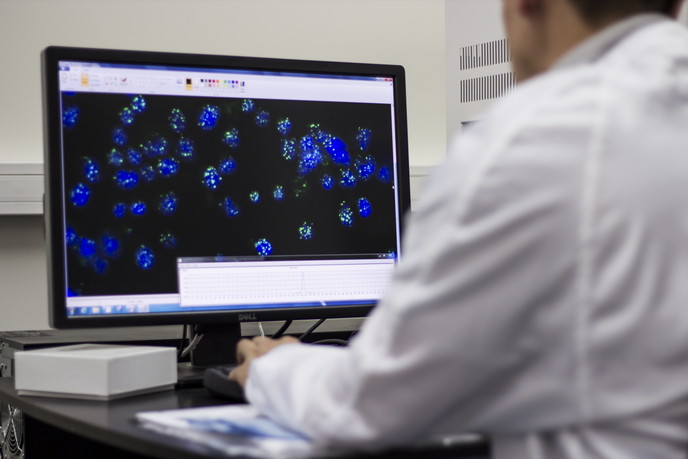Taking the fight to cancer’s hiding spot
Immunotherapy has proven to be a powerful tool against cancer, offering previously unseen 5-year survival rates to patients with metastatic cancers. However, more than half of all patients do not respond to immunotherapy drugs, leaving them with few treatment options. The EU-funded STI-001 project focused on the development of novel immunotherapy treatments targeting the STimulator of INterferon Genes (STING) pathway. These aim to stimulate the immune system and provoke a strong and lasting antitumour response without the need for personalised treatments. The project was hosted by the French biotech start-up Stimunity, which previously raised EUR 2 million in seed investment from venture company Portage Biotech. The STI-001 project sought to affirm the feasibility of bringing the first of these drug candidates to market. “The whole idea is to train the immune system to detect cancer and destroy it,” says project coordinator Sylvain Carlioz, CEO of Stimunity. “Immunotherapy shows very promising results when it works, but the main challenge today is to find a way to get 100 % of patients to respond to this kind of drug.” The main hurdles facing immunotherapy are that cancer cells closely resemble healthy human cells, making them difficult for the immune system to detect, especially as the immune system in patients with metastatic cancer is already weakened. Stimunity’s drug candidate, STI-001, aims to induce an immune response which will target all cancer cells. “If you activate the STING pathway too much, you generate massive inflammation which is non-specific to the cancer,” explains Carlioz. “But if you can activate it in a proper way, you can generate a potent and lasting antitumoural response,” he adds. To do this, Stimunity uses virus-like particles (VLPs) containing an agent which stimulates the immune system via STING. These particles drain to the lymph nodes, where the agent provokes a further immune response. As lymph nodes are the primary organ colonised by cancer cells, this provides a targeted response against the cancer. “The nice part is we don’t have to carry tumour antigen,” notes Carlioz. “This is a big issue, as they are specific to each patient, they are very complex and expensive to manufacture.” The project was supported through the EU Horizon 2020 programme. Although this funding was small in comparison to other investments, Carlioz says it was crucial in building recognition for the company: “Selection is very hard, with screening from all over Europe, and for us it was a lever for raising the next round of capital.” The company’s long-term goal is to develop a pipeline of products in cancer immunotherapy based on proprietary VLPs and position itself as a leading supplier in this kind of immunotherapy. In the short term, Stimunity plans to fine-tune the manufacturing of the VLPs and apply for phase II funding from the EU to bring STI-001 into clinical trials. Public funding is crucial in supporting ventures like this, adds Carlioz: “Genuinely this is very risky, complex, and there is no straightforward result. It’s always a balance, and so a long process. Public money is a crucial element in softening research and development’s unexpected difficulties along the path.”
Keywords
STI-001, immune, vlp, virus, particle, STING, lymph, cancer, immunotherapy







